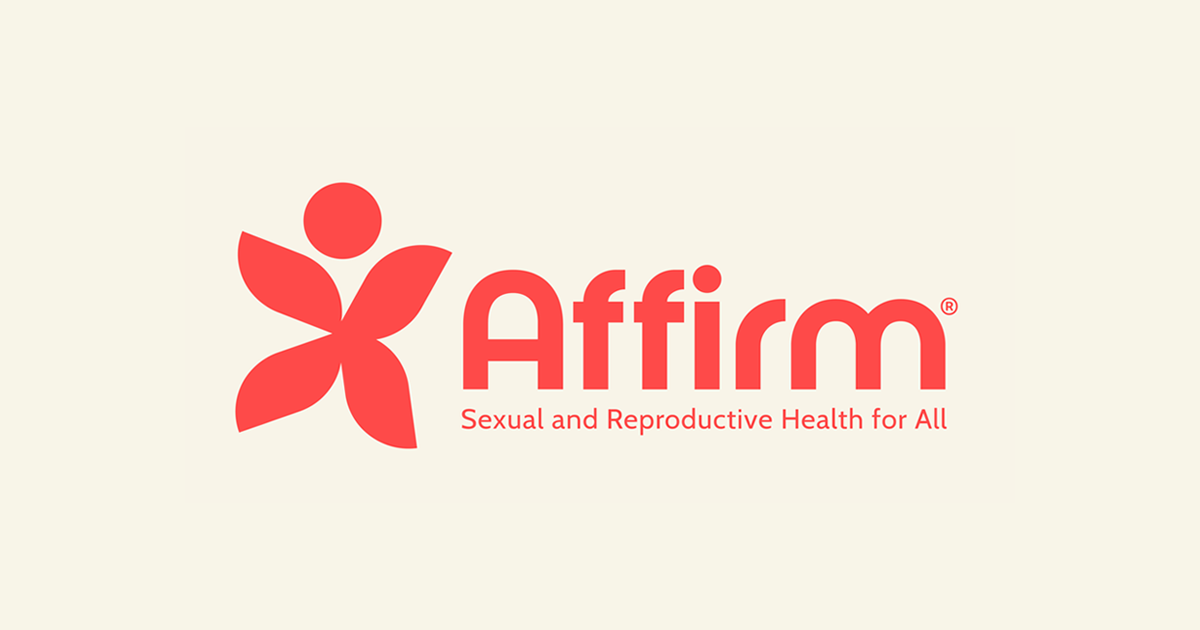In 1990, the United Nations set 8 Millennium Development Goals (MDG) to improve life around the world by 2015. Recently, the UN evaluated the progress on these goals and set 17 new Sustainable Development Goals (SDG) to lead global progress in the next 15 years. Several of these goals directly address women’s healthcare and gender empowerment, which Arizona Family Health Partnership lives out in our vision as well.
Below is the current status on these goals as well as future directions that we hope to participate with on local and global levels.
Status:
- Maternal mortality has fallen by almost 50 per cent since 1990
- Maternal mortality ratio – the proportion of mothers that do not survive childbirth compared to those who do – in developing regions is still 14 times higher than in the developed regions
- Fewer teens are having children in most developing regions, but progress has slowed. The large increase in contraceptive use in the 1990s was not matched in the 2000s
- The need for family planning is slowly being met for more women, but demand is increasing at a rapid pace
Goals:
- By 2030, reduce the global maternal mortality ratio to less than 70 per 100,000 live births
- By 2030, end preventable deaths of newborns and children under 5 years of age, with all countries aiming to reduce neonatal mortality to at least as low as 12 per 1,000 live births and under-5 mortality to at least as low as 25 per 1,000 live births
Status:
- About two thirds of countries in the developing regions have achieved gender parity in primary education
- Women in Northern Africa hold less than one in five paid jobs in the non-agricultural sector. The proportion of women in paid employment outside the agriculture sector has increased from 35 per cent in 1990 to 41 per cent in 2015
- In 46 countries, women now hold more than 30 per cent of seats in national parliament in at least one chamber.
Goals:
- End all forms of discrimination against all women and girls everywhere
- Eliminate all forms of violence against all women and girls in the public and private spheres, including trafficking and sexual and other types of exploitation
- Recognize and value unpaid care and domestic work through the provision of public services, infrastructure and social protection policies and the promotion of shared responsibility within the household and the family as nationally appropriate
- Ensure universal access to sexual and reproductive health and reproductive rights as agreed in accordance with the Programme of Action of the International Conference on Population and Development and the Beijing Platform for Action and the outcome documents of their review conferences
How do we get involved?
Reproductive healthcare justice isn’t just a concern in the developing world. Women in our own country and state face barriers to care every day. We have the opportunity to make a difference through our awareness, education, and political support. A major component of working toward accessible healthcare and gender equality is providing information about and access to contraceptive care. To learn more about Arizona Family Health Partnership’s commitment to this goal and how you can get involved, visit https://www.affirmaz.org/contact-lawmaker/.
Together, we can begin working toward the Sustainable Development Goals in our own communities.
– Annie Carson, Intern







